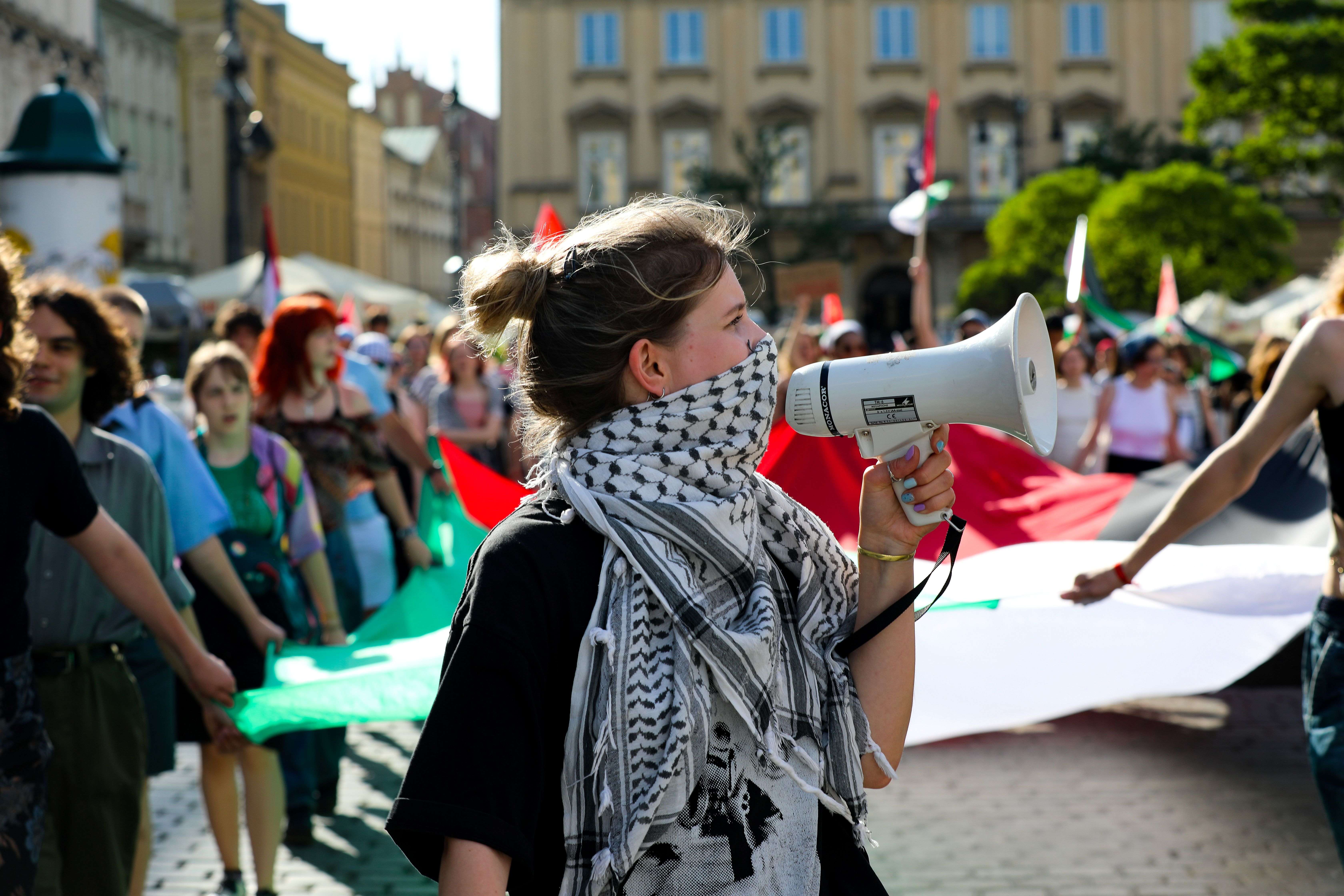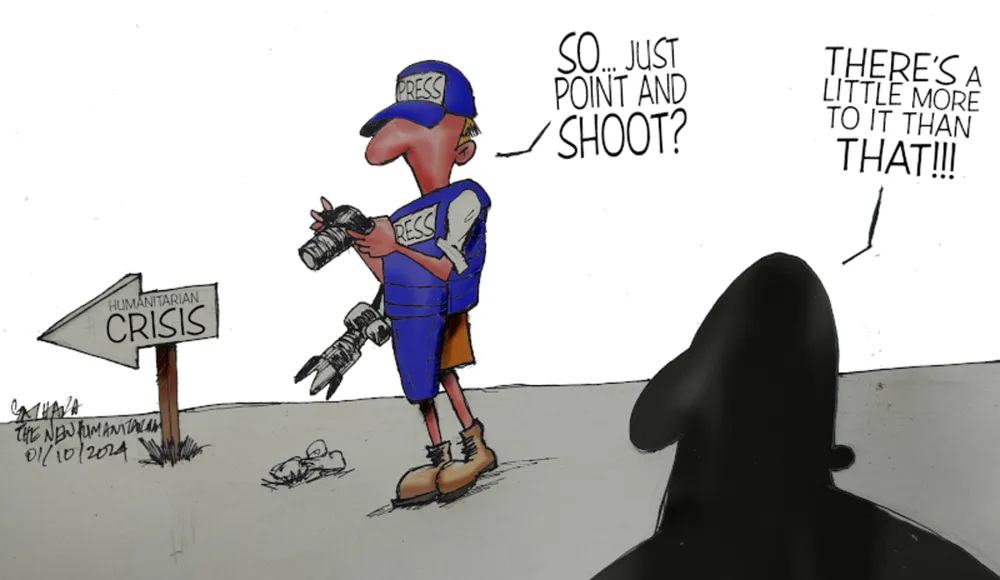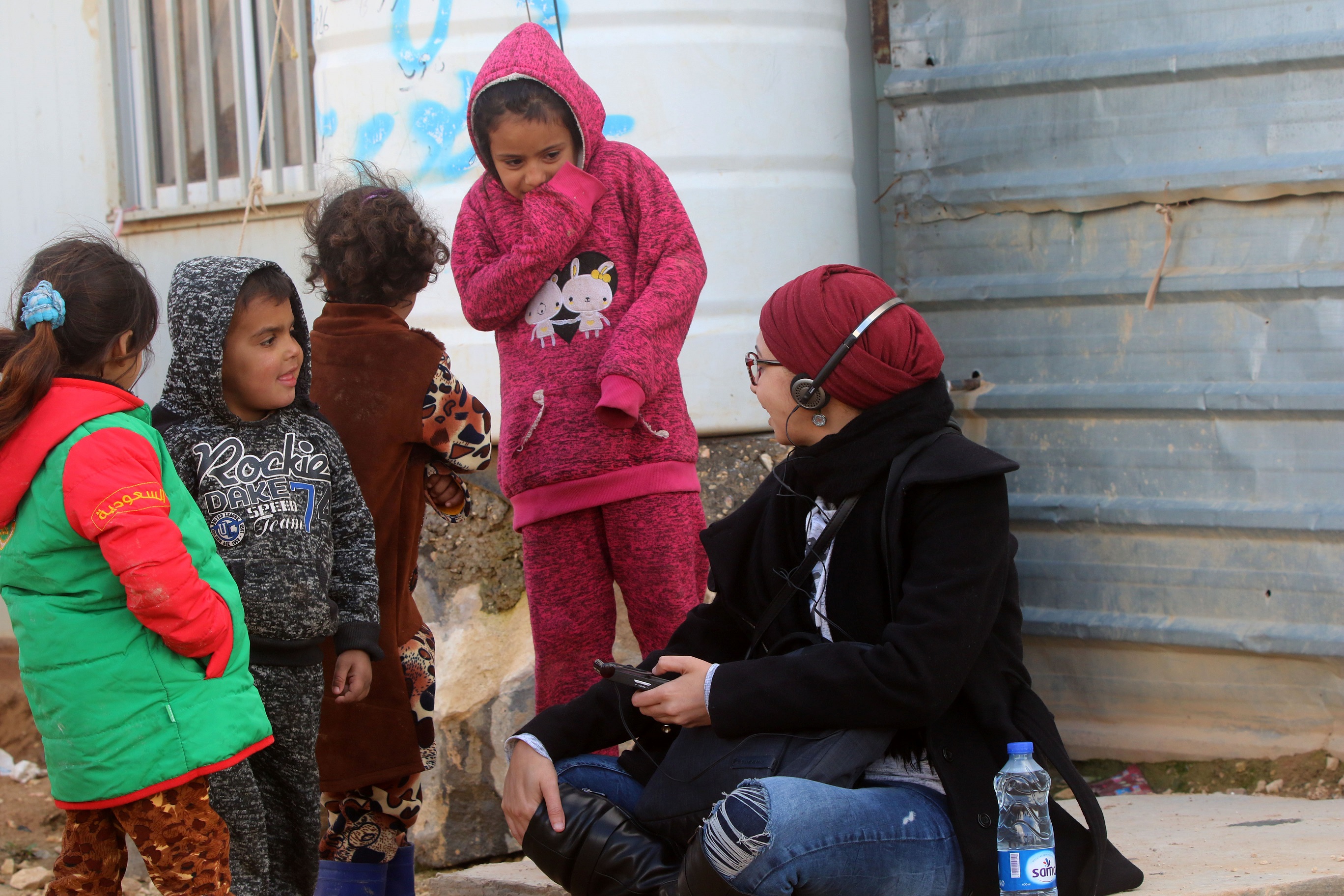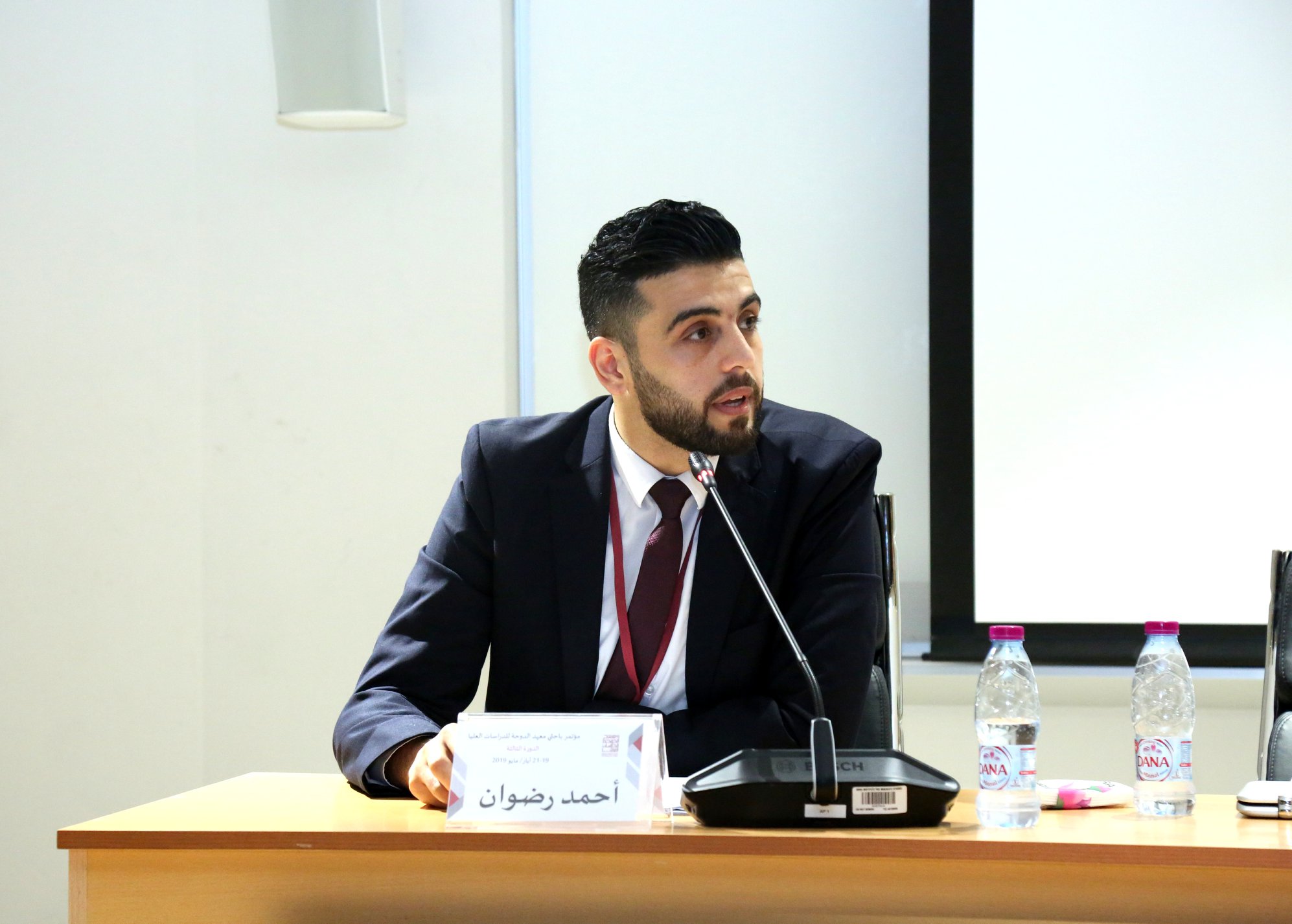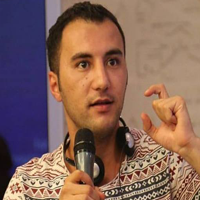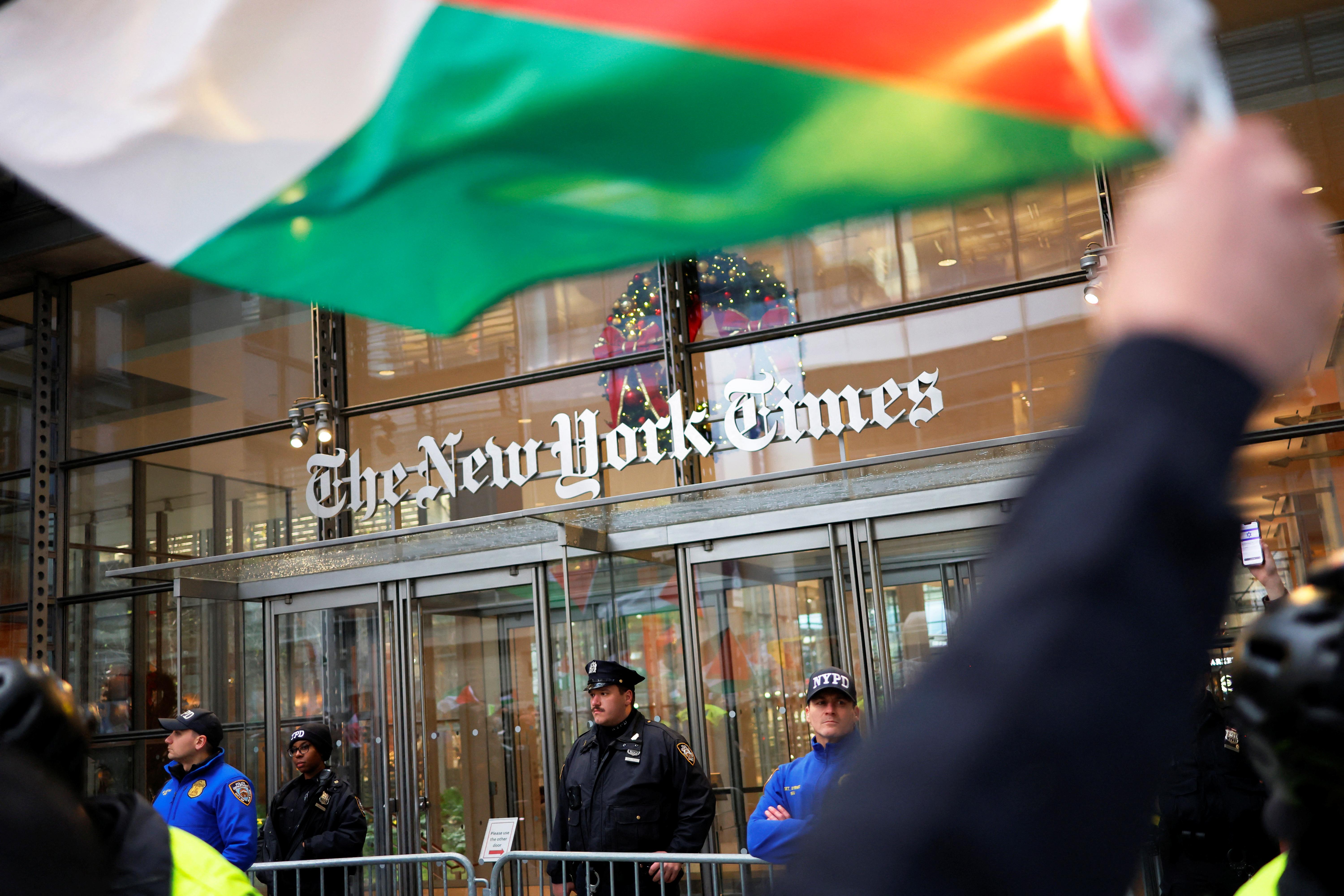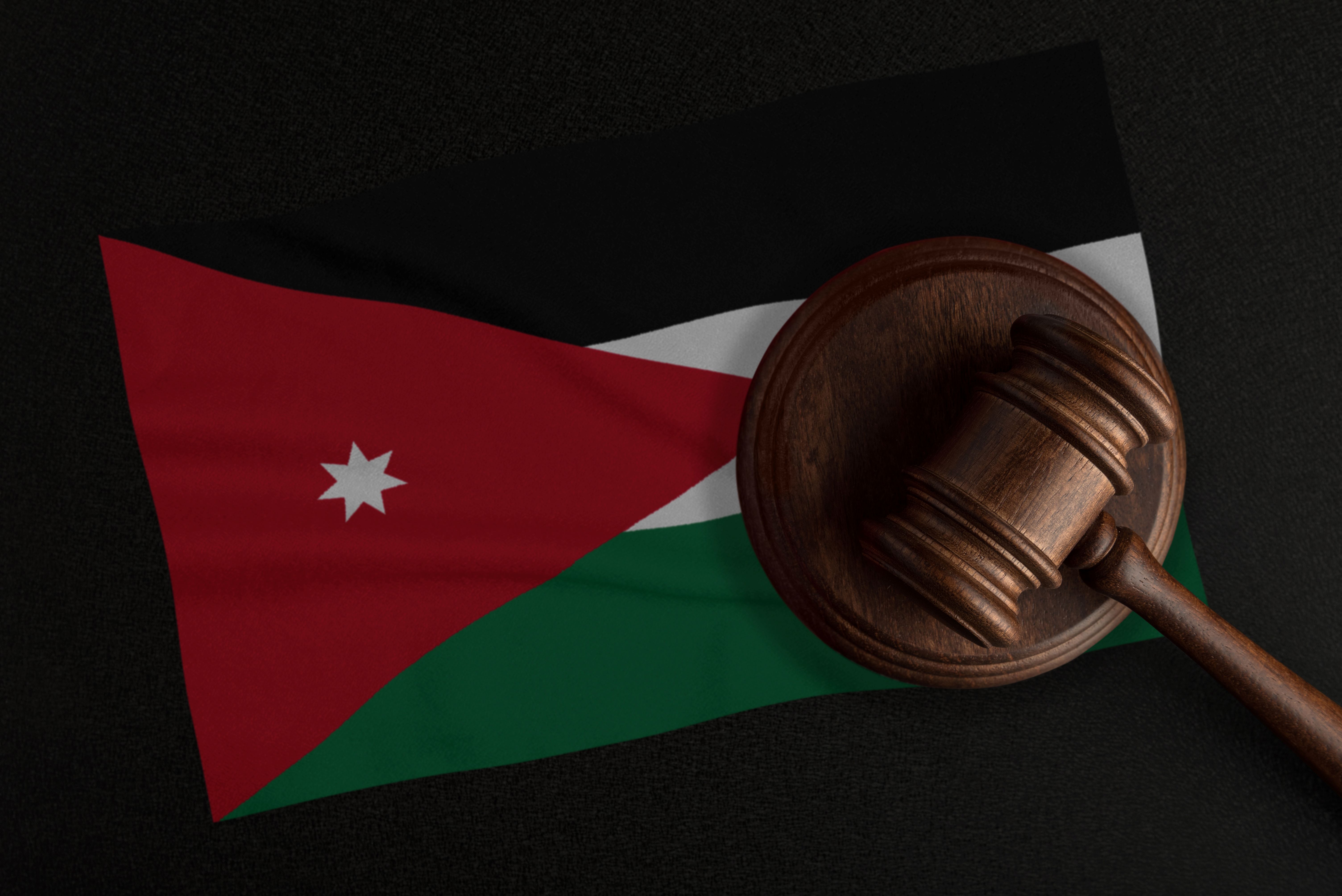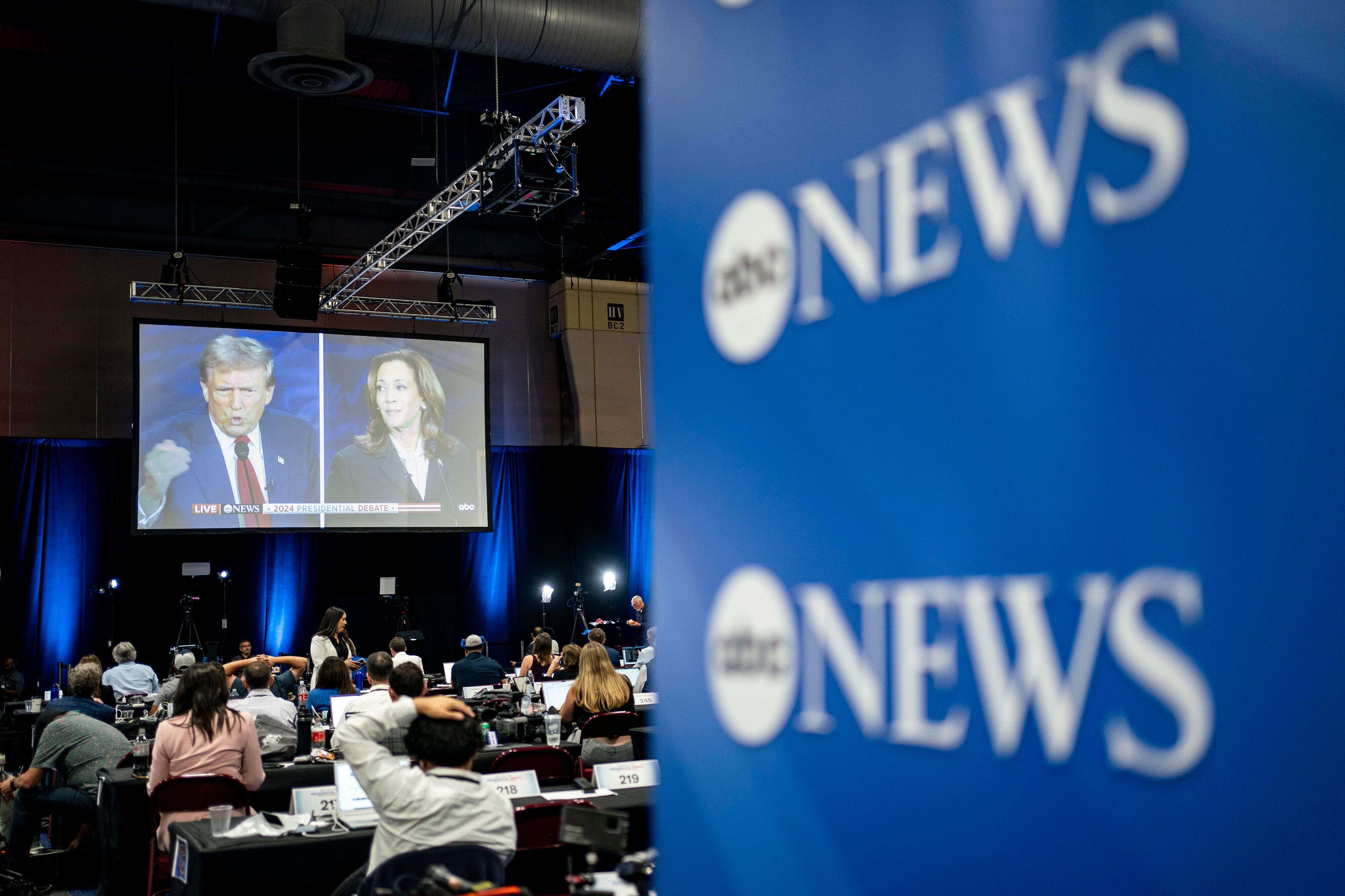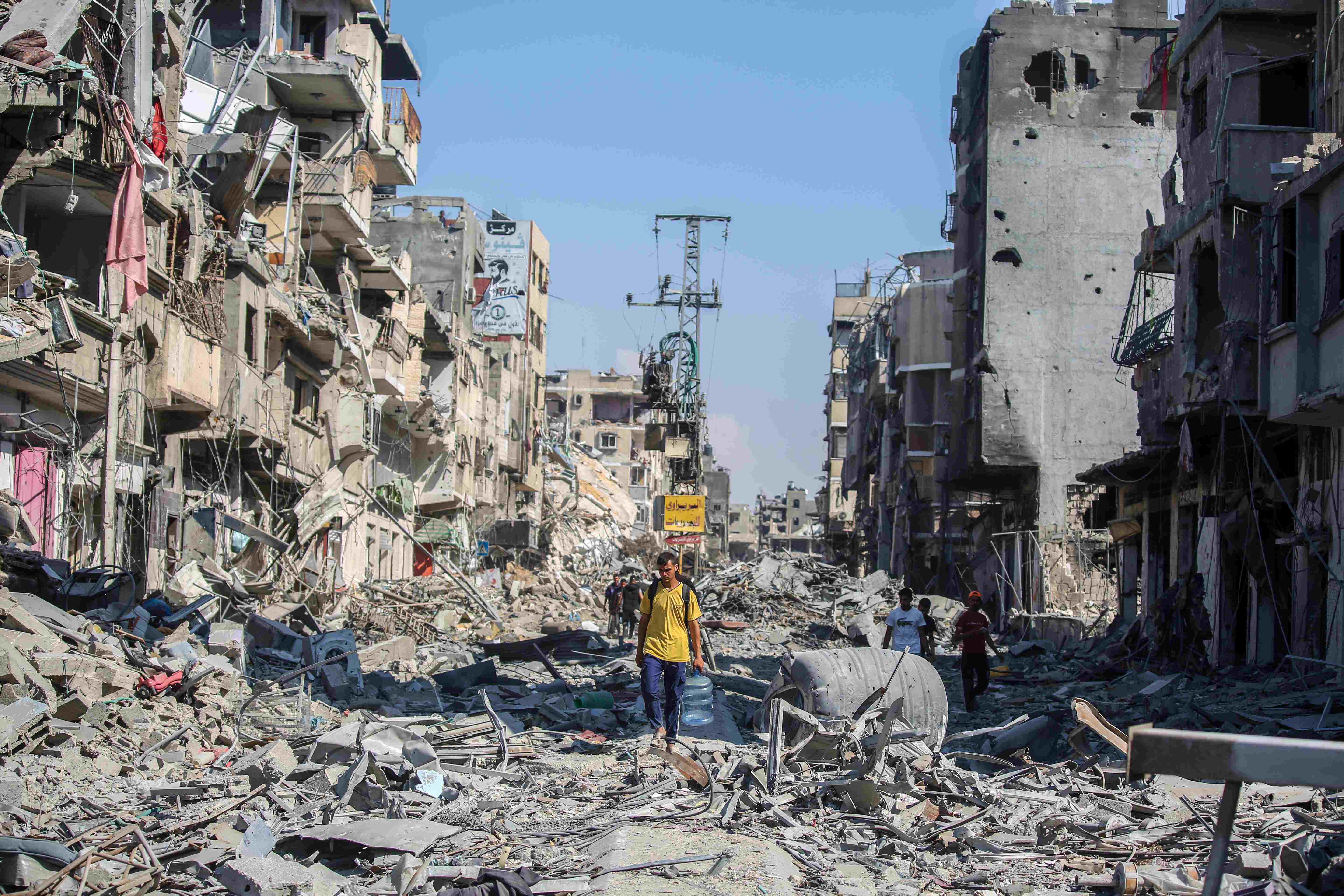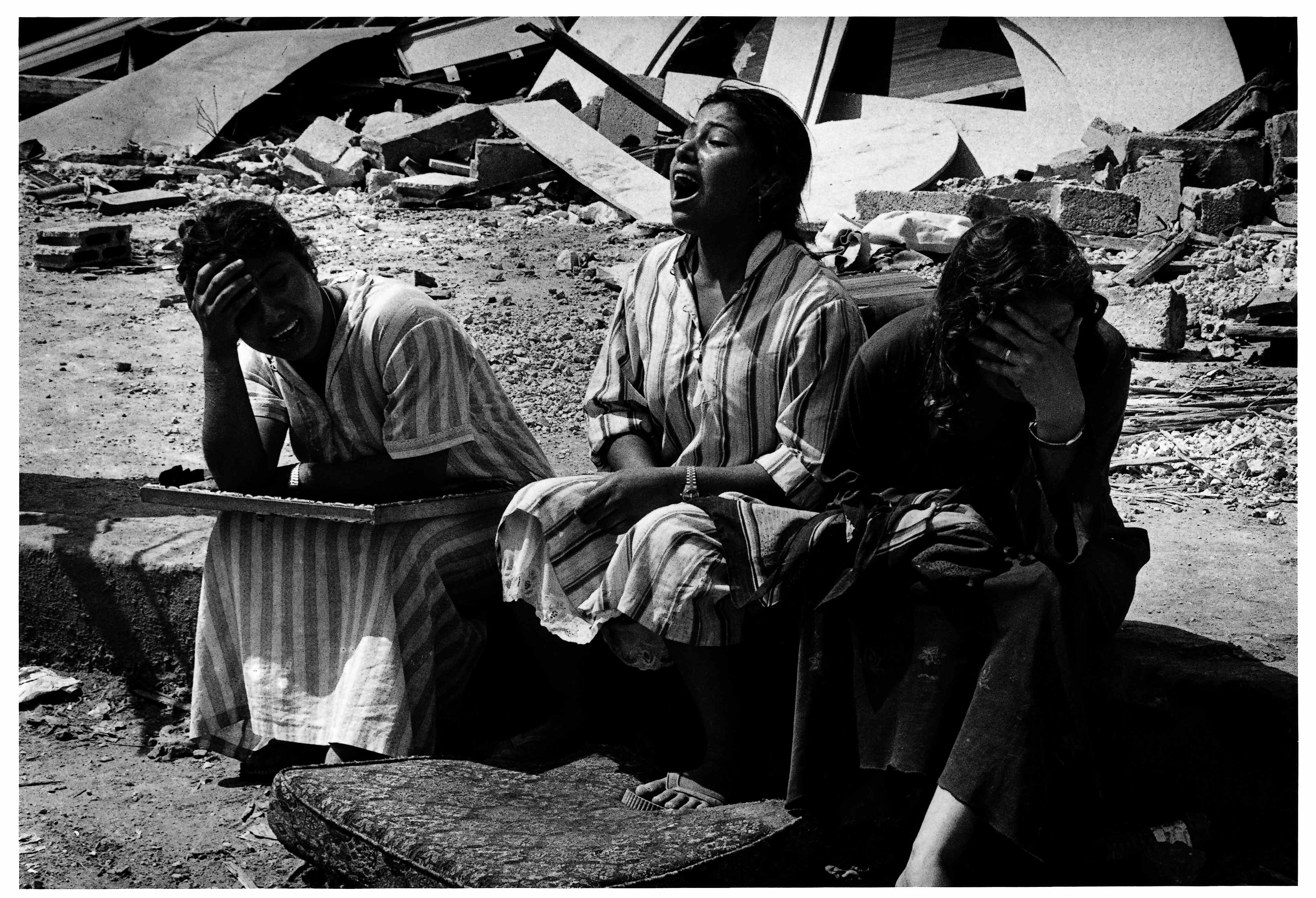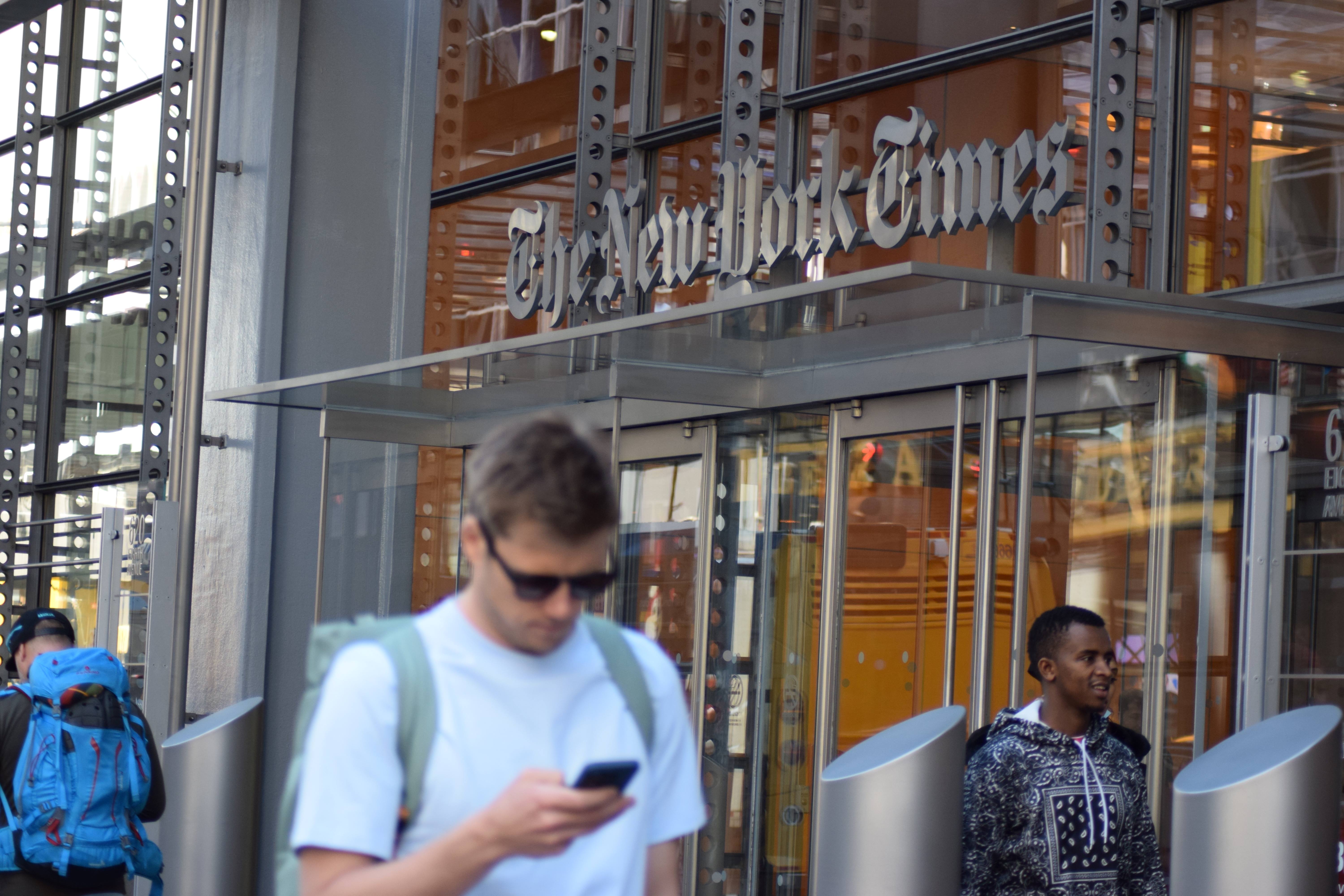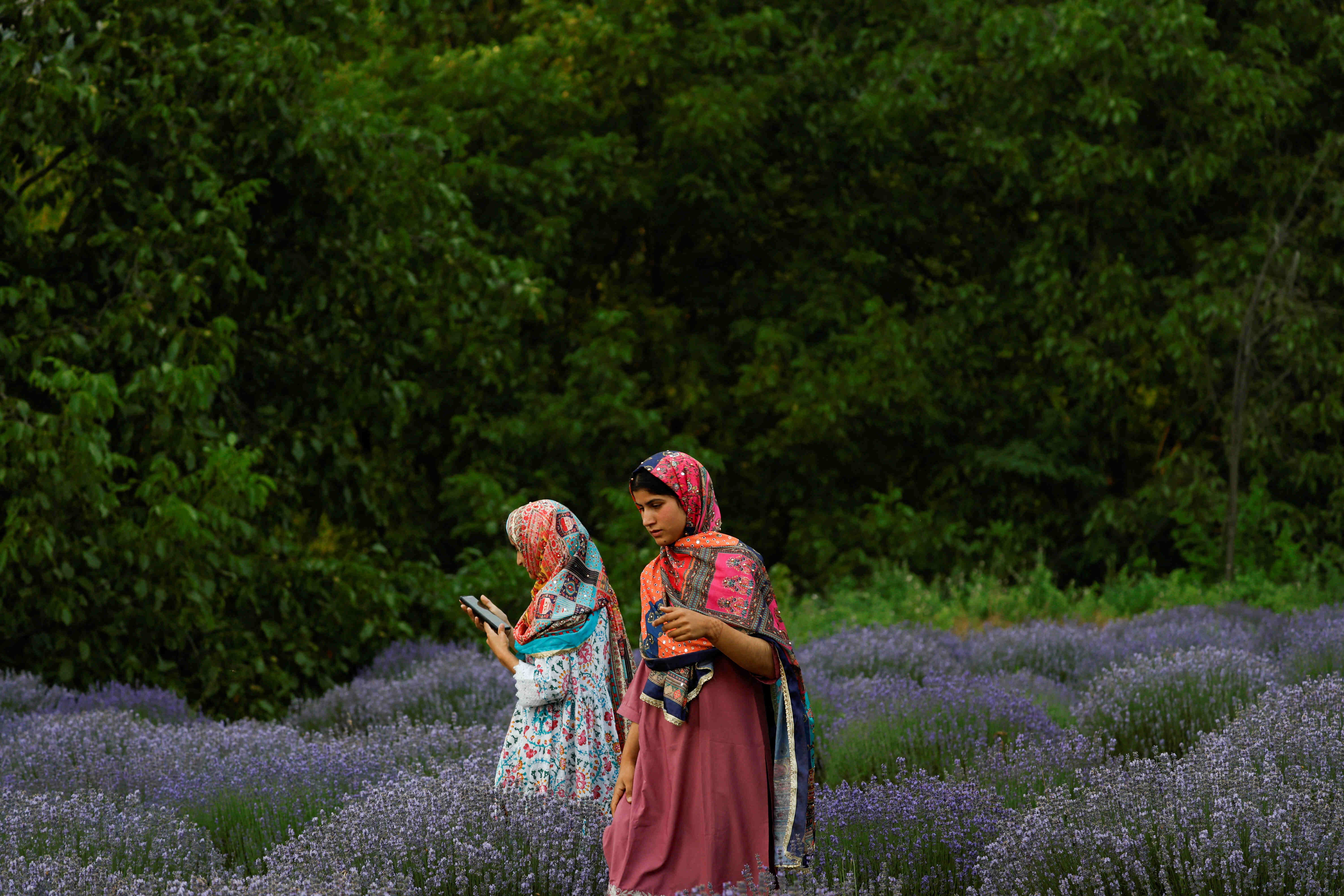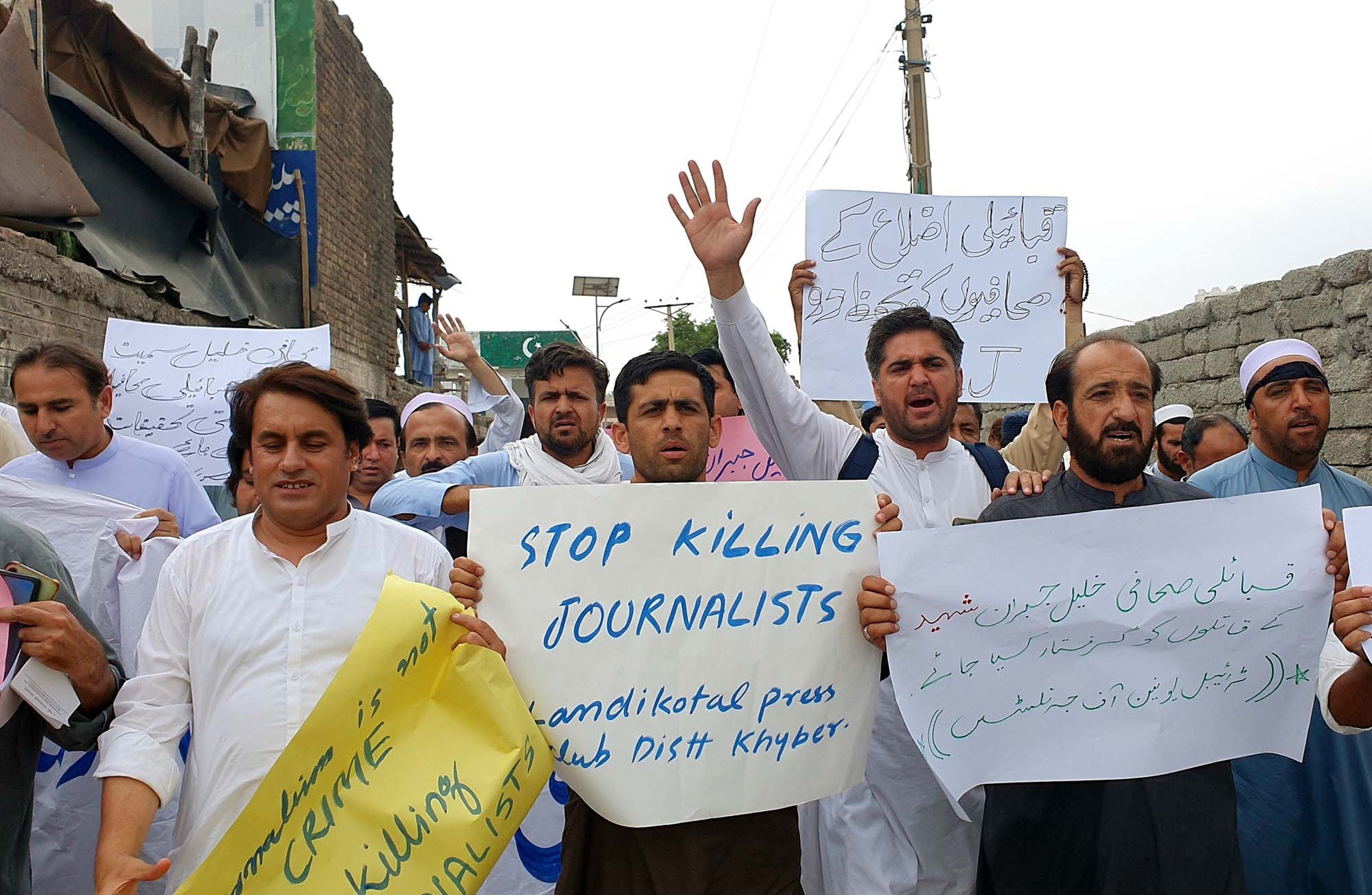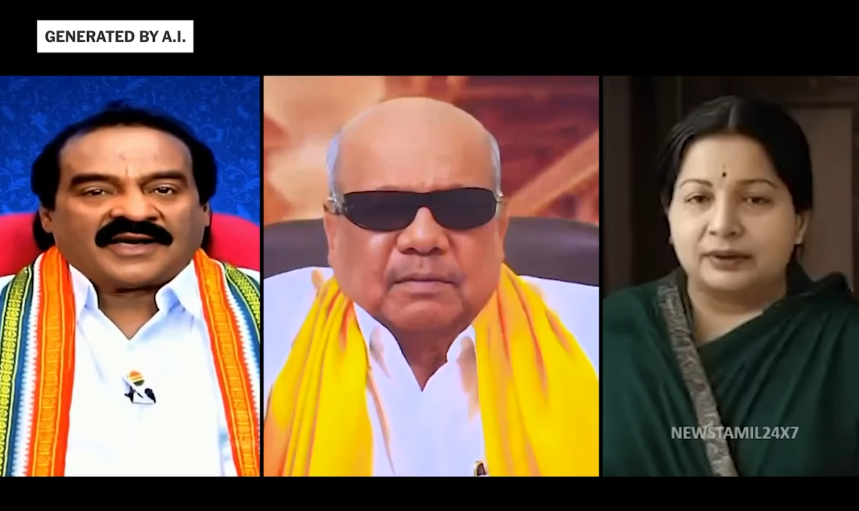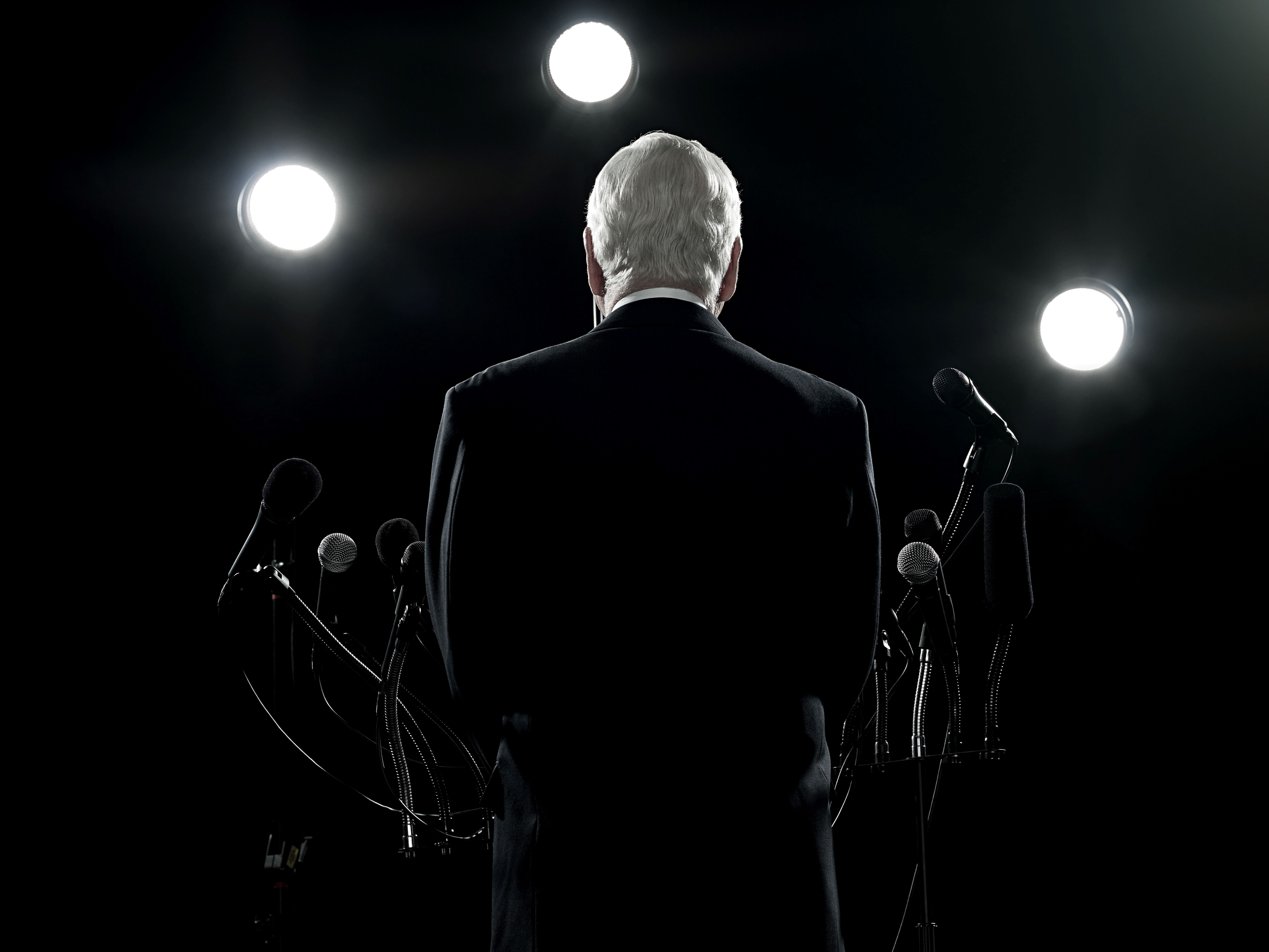لقد قطعت "ميتا" فعلا شوطا طويلا نحو الاستجابة لرغبات الرئيس القادم الذي طالما انتقد وسائل الإعلام، وكان محل تدقيق متواصل لادعاءاته الزائفة أو المضللة التي وصلت بحسب خدمة التدقيق بالواشنطن بوست إلى أكثر من 30 ألف ادعاء خلال ولايته الأولى بمتوسط 21 ادعاء خاطئا في اليوم.
مسايرة رغبات دونالد ترامب ترجمها مالك ميتا الذي صرح في فيديو يوم 7 يناير/ كانون الثاني عن قرار الشركة التخلي عن برنامج تدقيق المعلومات مع طرف ثالث Third Party Fact-Checking Program وتعويضها بنموذج ملاحظات المجتمع Community Notes. السبب الرئيسي وراء القرار يلخصه بيان ميتا بالقول إن "الخبراء (والمقصود مدققو المعلومات)، مثل أي شخص آخر، لديهم تحيزاتهم ووجهات نظرهم الخاصة. وقد ظهر هذا في الاختيارات التي اتخذها البعض بشأن ما يجب التحقق منه وكيف. مع مرور الوقت، انتهى بنا الأمر إلى التحقق من صحة قدر كبير جدا من المحتوى الذي قد يفهمه الناس على أنه خطاب ونقاش سياسي مشروع، ثم ألحق نظامنا عواقب حقيقية مثل تصنيف المحتوى أو تقليل الانتشار، وأصبح البرنامج الذي يهدف إلى الإخبار في كثير من الأحيان أداة للرقابة".
"على الأرجح"، هكذا أجاب الرئيس الأمريكي المنتخب، دونالد ترامب عندما سُئل عما إذا كان يعتقد أن مؤسس فيسبوك مارك زوكربيرغ قد تخلى عن برنامج تدقيق المعلومات نتيجة انتقادات وتهديدات ترامب السابقة، بل علّق على القرار قائلا: "لقد قطعوا شوطا طويلا".
في الشق الأول تتحدث ميتا عن أن عمل مدققي المعلومات توسع للتحقق من عدد كبير من الادعاءات، ولكن هذا هو جوهر عملهم؛ أي الحرص على التصدي للمعلومات الخاطئة والمضللة ولا سيما تلك التي تنتشر بسرعة عبر الشبكات. أما الشق الثاني مما جاء في الفقرة المقتطفة من البيان فيتعلق بجانب ميتا من البرنامج، المتمثل في إخطار الأشخاص الذين شاركوا المحتوى مسبقا أو حاولوا مشاركته بأن المعلومات خاطئة، مع إضافة علامة تحذير ترتبط بتقرير تدقيق المعلومات. يعني ذلك أنه عندما تتصفح فيسبوك مثلا، وتكشف مؤسسة تدقيق معلومات مشاركة في البرنامج حقيقة فيديو ما، وأنه لا يمثل الحادثة التي يدعيها، فسيظهر مخفيا مع التنصيص أنه متحقق منه.
من الواضح أن هذا البرنامج لم يقض على المعلومات الخاطئة والتضليل المنتشر على منصات ميتا، بل ولم تطبقها الشركة كما تشير إلى ذلك بعض الدراسات- بشكل متسق وموحد دائما، إلا أنها أسهمت إلى حد ما في إدارة المحتوى على هذه المنصات وتنبيه المستخدمين على المحتويات غير الصحيحة للحد من انتشارها.
مبادئ واضحة.. وانفتاح على المساءلة
هذه الاتهامات بالانحياز والحجب التي كالتها ميتا لمدققي المعلومات لم تكن مشابهة لتوجه فيسبوك غداة انطلاق البرنامج سنة 2016.
يومئذ اتجه فايسبوك إلى الانخراط فيما سمي محاربة التضليل من خلال الشراكة مع مدققي معلومات حول العالم لتدقيق المحتوى على هذه المنصات من الحاصلين على اعتماد الشبكة الدولية لتقصي الحقائق IFCN وتوسع الأمر ليشمل كذلك الشبكة الأوروبية لمعايير تقصي الحقائق EFCSN .
وبناء على هذا البرنامج، ليس الباب مفتوحا، أمام أي مدقق معلومات لأن ينخرط في هذا البرنامج، بل يجب أن تتوفر في المؤسسة التي تضطلع بهذه المهمة شروط صارمة؛ فللحصول على اعتماد الشبكة الدولية لتقصي الحقائق مثلا لا بد من تطبيق خمسة بنود أساسية وهي: الالتزام بعدم الانحياز والإنصاف، والالتزام بشفافية المصادر، والالتزام بشفافية التمويل والتنظيم، والالتزام بشفافية المنهجية، والالتزام بسياسة تصحيح مفتوحة وشفافة.
للحصول على اعتماد الشبكة الدولية لتقصي الحقائق مثلا لا بد من تطبيق خمسة بنود أساسية وهي: الالتزام بعدم الانحياز والإنصاف، والالتزام بشفافية المصادر، والالتزام بشفافية التمويل والتنظيم، والالتزام بشفافية المنهجية، والالتزام بسياسة تصحيح مفتوحة وشفافة.
لا يعد الالتزام بهذه المبادئ كافيا للانضمام إلى البرنامج، بل تمر المؤسسات التي ترغب في الحصول على الاعتماد بمسار تقييم، يشمل تطبيقها لـ31 بندا. تُحول هذه المبادئ الكبرى إلى خطوات عملية يمكن قياسها؛ فمثلا يجب أن تكون المؤسسة متحصلة على رخصة، ويجب أن تعلن مصادر تمويلها على موقعها، ويجب أن تعلن كل مصادر التحقق التي اعتمدتها في تقاريرها، وتسمح للجمهور بالتواصل معها في حال ارتكبت خطأ ما، وغيرها من المعايير القابلة للقياس. وبعد مسار من التقييم والتعديل والتطوير تحصل المؤسسة على الاعتماد الذي يخولها أن تكون جزءا من الاتفاقية مع ميتا.
لا يمثل الاعتماد صك نزاهة أو استجابة للمعايير إلى ما لا نهاية؛ فلأن البشر يتغيرون وممارستهم تتغير يجب تجديد هذا الاعتماد سنويا. ويعني ذلك الخضوع لمسار التقييم باستمرار؛ ذلك أن مدونة المبادئ ترتكز على عدم الانحياز، أي إنها تُعطى لمؤسسات ليس هدفها الحجب أو التعتيم أو خدمة طرف على حساب آخر، بل التأكد التام من غياب التأثير الحكومي والسياسي على تلك المؤسسات، وإن حدث العكس، فإن الشبكة معرضة للمساءلة من الجمهور والخبراء. ويضاف إلى ذلك بعد جوهري في منهجية تدقيق المعلومات التي تفترض أن مدققي المعلومات لا يتحققون من الآراء، بل من الوقائع؛ أي إنهم لا يحجبون آراء أو أفكارا من شأنها إثراء النقاش العام بل المعلومات غير الصحيحة أو المجتزأة أو المضللة التي من شأنها أن تلوث هذا النقاش.
"منصات ترامبية"؟
في بداية 2021، اتخذ زوكربيرغ خطوة في الاتجاه المعاكس، وبعد أحداث الكابيتول ألغى فيسبوك حسابات ترامب. وقد وصف مالك ميتا، حينئذ، المخاطرة بإبقاء ترامب على المنصة بأنه "ببساطة مرتفع جدا". تغيرت قواعد اللعبة في 2025، ويبدو أن المنصة ستغذي بشكل أكبر الاستقطاب ونظريات المؤامرة وحملات التضليل، وتقدم فروض الولاء والطاعة للرئيس الجديد الذي يحصل على دعم غير مشروط من إيلون ماسك مالك منصة إكس، ما يعني أن أهم منصات الشبكات الاجتماعية باتت اليوم "ترامبية" الهوى بكل ما يتضمنه ذلك من إغراق في الشعبوية وإساءة لوسائل الإعلام ونشر للأخبار الزائفة.
يعني هذا القرار أيضا، موارد أقل لمؤسسات تدقيق المعلومات التي تستفيد من هذا البرنامج بصورة كبيرة، ولكنه لا يعني نهاية تدقيق المعلومات، بل يعني -لحسن حظ مدققي المعلومات أو ربما لسوء حظهم- حاجة أكبر لهم في السنوات القادمة؛ لأن هذا القرار، وإن كان في الولايات المتحدة مبدئيا، فمن المقرر أن يتوسع كما تشير ميتا.
يبدو أن المنصة ستغذي بشكل أكبر الاستقطاب ونظريات المؤامرة وحملات التضليل، وتقدم فروض الولاء والطاعة للرئيس الجديد الذي يحصل على دعم غير مشروط من إيلون ماسك مالك منصة إكس، ما يعني أن أهم منصات الشبكات الاجتماعية باتت اليوم "ترامبية" الهوى بكل ما يتضمنه ذلك من إغراق في الشعبوية وإساءة لوسائل الإعلام ونشر للأخبار الزائفة.
وقد يحفز هذا القرار انتشار التضليل والمعلومات الخاطئة، بيد أنه إذا عُمم في العالم، فيمكن أن تخسر بعض المؤسسات مواردها الأساسية وتكون غير قادرة على ضمان استمراريتها، وهو تحدّ تشترك فيه عديد منصات تدقيق المعلومات حول العالم.
إن تأثير هذا القرار في العالم العربي -ولا أدري إن كان الأمر لحسن حظ مدققي المعلومات أو لسوء حظهم- ضئيل؛ لأن عدد المؤسسات العربية الحاصلة على اعتماد الشبكة الدولية محدود جدا.
التحديات التي تطرحها منصات التواصل الاجتماعي كثيرة، ولكن أهمها مرتبط بطرق إدراتها للمحتوى. في كتاب Good Data (بيانات جيدة) يقدم سام غيلبرت Sam Gilbert وجهة نظر غير شعبية جدا مفادها أن التهديدات التي تمثلها منصات التواصل لخصوصيتنا والمخاوف من مراقبة الجمهور، لا يجب أن تجعلنا ننسى القيمة التي توفرها في قدرتنا على فهم أنفسنا والعالم من خلال كم البيانات التي يمكن جمعها، ويسوق أمثلة كثيرة يوضح لنا فيها أهمية فيسبوك مثلا. وبغض النظر إن كنت تؤيد هذه الفكرة أو تعارضها، فإن زوكربيرغ يحتاج إلى أن يقرأ ربما كتابا بعنوان "Good Fact-Checking" (تدقيق معلومات جيد) لعله يدرك أن تدقيق المعلومات ليس تعتيما ولا تبريرا لممارسات السلطة ولا دفاعا عن توجهات المعارضة. إنها ببساطة عملية اختبار الادعاءات وجمع الأدلة من مصادر موثوقة وتقديمها للجمهور. وإلى أن يقرر أحدهم وضع هذا العنوان على كتابه، تظل المؤسسات التكنولوجية متحكما أساسيا في البيئة المعلوماتية الحديثة، وكلما انتعشت الحرية في السيليكون فالي، يتغير العالم على أجهزتنا.

